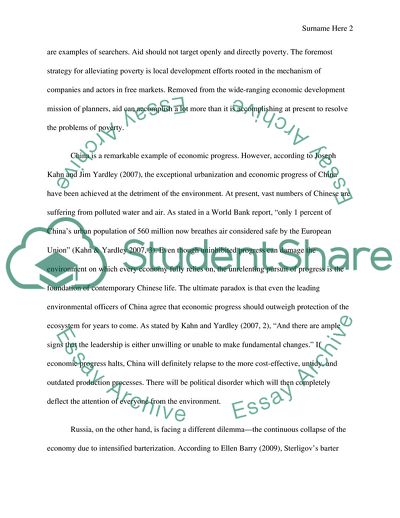Response essay Example | Topics and Well Written Essays - 500 words - 1. https://studentshare.org/macro-microeconomics/1757872-response-essay
Response Essay Example | Topics and Well Written Essays - 500 Words - 1. https://studentshare.org/macro-microeconomics/1757872-response-essay.


